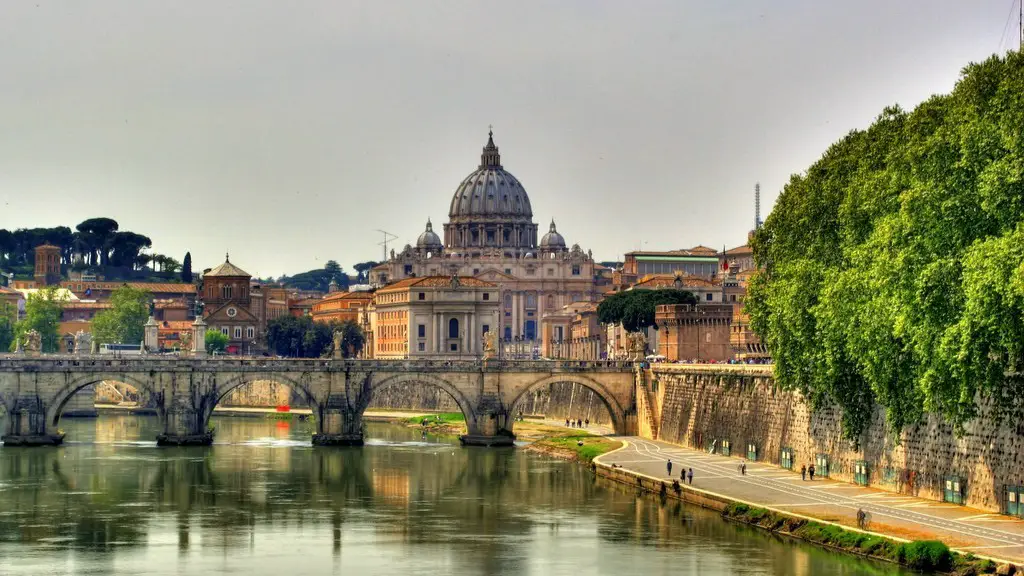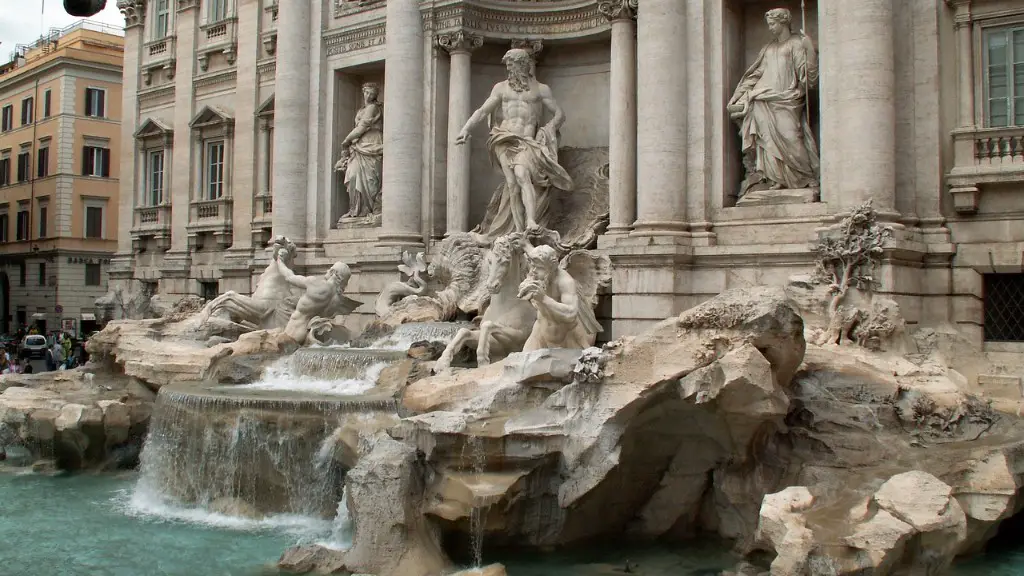Overview and Historical Context
The emergence of tribunes in Ancient Rome can be traced to the Roman Republic, which was in place from 509 BC to 27 BC. They were elected by the plebian council, which was a body of elected representatives from the lower class of Roman citizens. Tribunes were a form of political leadership, representing the plebeian class in the Roman Republic, before it was dissolved by Julius Caesar. The original tribunes were created as part of a compromise, whereby the Roman Republic accepted the plebeian class and gave them the right to elect their own representatives. The main role of the tribunes was to act as mediators between the plebeian class and the government. As part of their role, tribunes had the authority to veto any decisions made by the Senate and to protect the rights of the plebeian class.
Powers and Authority of Tribunes
At the time of the Roman Republic, tribunes were given a powerful role in the government and had wide-ranging powers. Tribunes were seen as the voice of the plebeian class in the Roman Republic and were given the authority to protect their rights and interests. Tribunes were seen as a form of censorship, since they were given the power to veto any decisions made by the Senate and to protect the interests of their constituents. Tribunes could veto any laws or decisions made by the Senate and had the power to declare a law invalid. This power of veto was seen as a critical check on the power of the government and thus, ensured that the interests of the people were being heard. Additionally, tribunes were responsible for protecting the property of their constituents and were given the power to prosecute any crimes committed in their jurisdiction.
Limitations of Tribunes
Although tribunes were seen as a powerful force in the Roman Republic, their power was limited in some respects. Despite their power of veto and their ability to enforce their authority in the Roman Republic, tribunes had limited power over the Senate and other government officials. Additionally, tribunes did not have any real power to effect change or pass legislation, as this was the purview of the Senate. Tribunes were also limited by the fact that their term of office was limited; they were elected by the plebeian council and had to stand down after a two-year term. As a result, tribunes had limited ability to effect lasting change or to exercise their authority over the Senate.
Legacy of Tribunes in Modern Politics
Despite their limited powers, the role of tribunes in the Roman Republic has been highly influential in modern politics. The concept of tribunes has inspired modern day politicians, as well as concepts such as the power of veto, which is now seen as a critical check on government power. Additionally, the concept of tribunes has been linked to the development of democracy, as it provides an example of a system in which the people have the ability to elect their own representatives and to hold the government accountable.
The Decline of Tribunes
Tribunes were a vital part of the Roman Republic and played an important role in protecting the rights of the plebeian class. However, with the rise of Julius Caesar and the dissolution of the Roman Republic, tribunes began to lose power and eventually ceased to exist. With the fall of the Roman Republic, tribunes no longer held any real power and were no longer seen as a viable form of government or political representation.
Distribution of Power in Ancient Rome without Tribunes
With the fall of the Roman Republic, power was concentrated in the hands of the Senate and the government. With the plebeian class no longer represented by tribunes, their voice in the political process was lost and their interests were no longer taken into account. This led to increased inequality, as the plebeian class was left without any representation or protection from the government.
Impact of Tribunes on Modern Democracy
Despite their limited powers, the role of tribunes in the Roman Republic has been highly influential in modern politics. The concept of tribunes has inspired modern day politicians, as well as concepts such as the power of veto, which is now seen as a critical check on government power. Additionally, the concept of tribunes has been linked to the development of democracy and has been seen as a key factor in ensuring that the power of government is held in check.
Conclusion
Tribunes played an important role in the Roman Republic and were seen as a vital means of protecting the interests of the plebeian class. However, with the rise of Julius Caesar and the dissolution of the Roman Republic, tribunes gradually lost power and eventually ceased to exist. Despite this, the legacy of tribunes still lives on in modern politics, as their concept of representation and protection of rights has been highly influential on the development of democracy.

